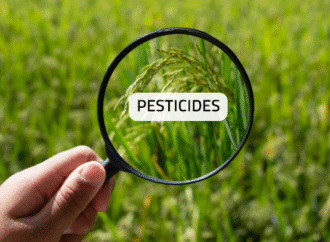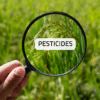Introduction
The European Food Safety Authority (EFSA) has issued new guidelines for novel food applications, set to take effect in February 2025. These guidelines apply to all new food submissions, including cell-cultured foods and novel food compounds.
Analysis
The updated guidance reflects changes in the EU’s legal framework for novel foods, which was first introduced in 2018 while incorporating recent advances in food research and innovation. It also addresses the growing number of new food submissions that EFSA has received in recent years. The revisions provide clearer explanations of the data requirements for novel food applications, focusing particularly on scientific areas where EFSA has identified gaps over the past six years.
The guidelines outline how to define and classify novel foods, providing details on manufacturing processes, ingredients, quality requirements, and intended uses. Applicants are required to submit information about expected consumption patterns, the food’s background of use, and safety data, including details on metabolism, toxicology, nutritional content, and potential allergens. An additional administrative document explains the specific steps for preparing and submitting an application.
EFSA has set a 9-month deadline for completing each risk assessment, although the evaluation may be paused or extended if additional information is needed from the applicant, depending on the complexity and quality of the data provided.
Bottom Line
While EFSA is responsible for risk assessments, the European Commission and national authorities in EU member states will grant final approval and establish marketing regulations for approved novel foods.
Source: Food Safety News
 Food Manifest
Food Manifest 


















